Home>Garden Essentials>How Long Do Snow Peas Take To Germinate
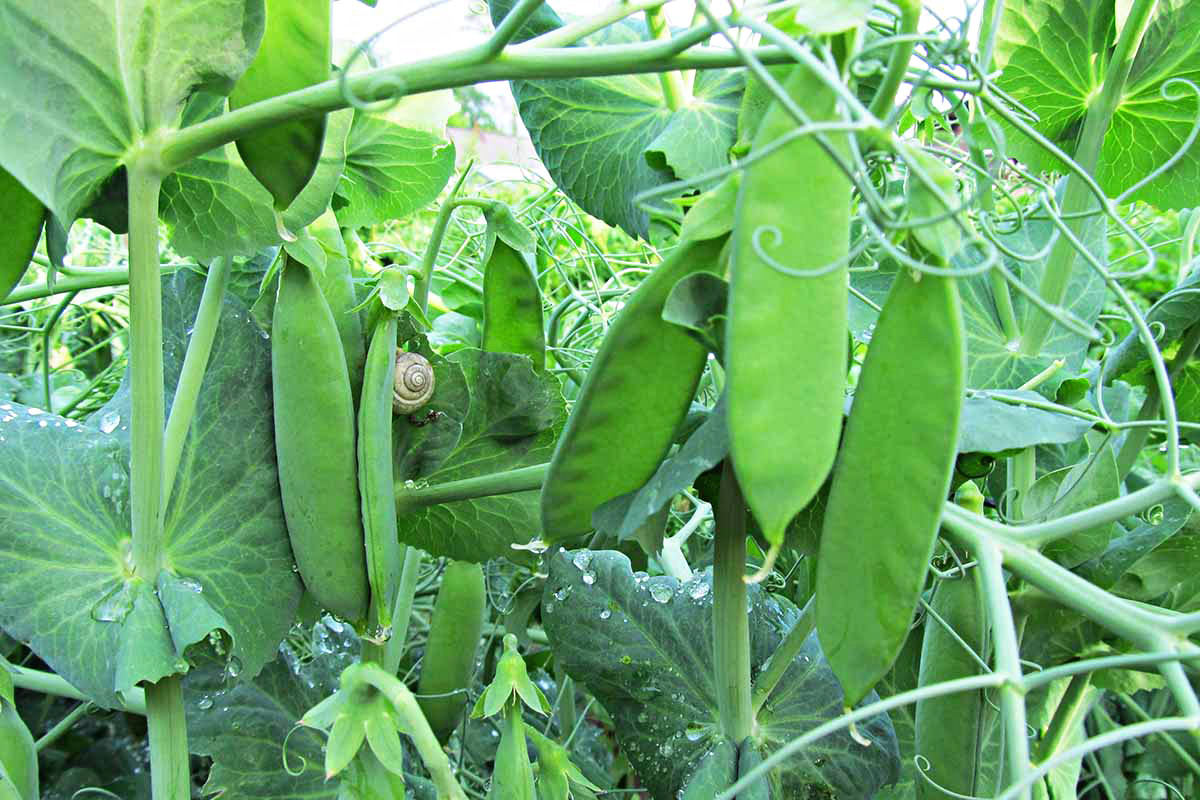

Garden Essentials
How Long Do Snow Peas Take To Germinate
Modified: March 24, 2024
Find out how long snow peas take to germinate in your garden. Learn the best methods for successful germination and ensure a productive harvest.
(Many of the links in this article redirect to a specific reviewed product. Your purchase of these products through affiliate links helps to generate commission for Storables.com, at no extra cost. Learn more)
Introduction
Growing snow peas in your garden can be a rewarding and delicious experience. These tender and sweet legumes are a popular choice for many gardeners, thanks to their crispy texture and vibrant flavor. However, before you can enjoy the bountiful harvest, you need to understand the germination process of snow peas.
In this article, we will explore the factors that affect snow peas germination and provide you with tips on how to optimize this process. Understanding the ideal conditions and duration of snow peas germination will help you plan and ensure a successful yield in your garden.
Germination is the process by which a seed begins to sprout and grow into a new plant. Snow peas, like other plants, require specific conditions to initiate germination. Factors such as temperature, moisture, soil quality, and sunlight play a crucial role in determining the success of this process.
The germination of snow peas can be influenced by various external factors. One of the essential considerations is the temperature of the environment. Snow peas thrive in cooler temperatures, preferring a range between 50°F to 75°F (10°C to 24°C) for optimal germination. Extreme heat or cold can inhibit the germination process, so it’s important to time your sowings accordingly.
Moisture is another critical factor affecting snow peas germination. The seeds need to be adequately hydrated to stimulate growth. It is vital to keep the soil consistently moist but not waterlogged. It’s recommended to water the seeds regularly, particularly during dry weather, to ensure optimal conditions for germination.
The quality of the soil is also essential for successful snow peas germination. The soil should be well-draining and rich in organic matter. It’s beneficial to prepare the soil by incorporating compost or well-rotted manure, which will provide the necessary nutrients for healthy growth. Additionally, a slightly acidic to neutral pH level (around 6.0-7.5) is ideal for snow peas.
Sunlight is another crucial factor influencing germination. While snow peas can tolerate some shade, they generally require at least 6-8 hours of direct sunlight each day. Adequate sunlight will fuel the photosynthesis process, enabling the seeds to develop into robust seedlings.
Now that you understand the factors that affect snow peas germination, let’s dive into the optimal conditions required for this process, including the duration and essential tips to maximize your success. By following these guidelines, you can ensure a bountiful harvest of snow peas in your garden.
Key Takeaways:
- Snow peas take 7-14 days to sprout. Factors like temperature, moisture, and seed quality affect germination. Patience and proper care lead to a bountiful harvest.
- To help snow peas germinate, soak seeds, maintain moisture, and provide shade in hot weather. Thin out seedlings, control weeds, and offer support for healthy growth.
Factors Affecting Snow Peas Germination
Several factors can influence the germination of snow peas. Understanding these factors will help you create the optimal conditions for successful germination and ensure a healthy crop in your garden.
1. Temperature: Snow peas prefer cooler temperatures for germination. The ideal range is between 50°F to 75°F (10°C to 24°C). Extreme heat or cold can hinder germination, so it’s crucial to sow the seeds at the right time when temperatures are within this range.
2. Moisture: Adequate moisture is essential for snow peas germination. The seeds need to be hydrated to initiate sprouting. Keep the soil consistently moist but not waterlogged. Water the seeds regularly, especially during dry spells or if you’re growing snow peas in containers.
3. Soil quality: The quality of the soil can significantly impact germination. Snow peas thrive in well-draining soil rich in organic matter. Prepare the soil by incorporating compost or well-rotted manure before planting. This will provide the necessary nutrients and improve water retention.
4. pH level: Snow peas prefer a slightly acidic to neutral soil pH, around 6.0-7.5. Test the soil’s pH level using a soil testing kit and make any necessary adjustments with amendments. Maintaining the right pH level will optimize nutrient availability for germinating seeds.
5. Sunlight: While snow peas can tolerate some shade, they require at least 6-8 hours of direct sunlight daily for optimal growth and germination. Find a location in your garden that receives adequate sunlight and avoid areas with excessive shade.
6. Seed quality: Starting with high-quality seeds is crucial for successful germination. Choose fresh snow pea seeds from a reputable supplier. Check the expiration date on the seed packet and ensure the seeds haven’t been stored for too long, as this can reduce their viability.
7. Seed depth: Plant snow pea seeds at the correct depth for optimal germination. Generally, planting the seeds about 1 inch (2.5 cm) deep is recommended. Ensure that the seeds are covered with soil but not buried too deeply, as this can delay or prevent germination.
8. Seed spacing: Proper spacing between the seeds is important to allow each plant to receive enough nutrients and sunlight. Plant the seeds about 2-3 inches (5-7.5 cm) apart. This will give enough room for each plant to grow without competing for resources.
By considering these factors and providing the ideal conditions for snow pea germination, you can increase the chances of successful sprouting and ensure a healthy crop. In the next section, we will explore the optimal conditions required for snow peas germination in more detail.
Optimal Conditions for Snow Peas Germination
To achieve successful snow peas germination, it’s essential to create the optimal conditions. By providing the following conditions, you can increase the chances of your snow pea seeds sprouting and developing into healthy seedlings.
1. Temperature: Snow peas prefer cooler temperatures for germination. The optimal temperature range is between 50°F to 75°F (10°C to 24°C). Ensure that the soil temperature is within this range when sowing the seeds. You can use a soil thermometer to monitor the temperature and adjust your planting time accordingly.
2. Moisture: Adequate moisture is crucial for snow peas germination. Keep the soil consistently moist but not waterlogged. Water the seeds regularly to ensure they are adequately hydrated. Pay attention to dry weather conditions, as the soil can dry out quickly. Mulching the soil can help retain moisture and regulate temperature.
3. Soil quality: Snow peas thrive in well-draining soil that is rich in organic matter. Prior to planting, prepare the soil by incorporating compost or well-rotted manure. This will improve soil structure, enhance nutrient availability, and ensure proper moisture retention.
4. pH level: Snow peas prefer a slightly acidic to neutral soil pH, around 6.0-7.5. Test the soil’s pH level using a soil testing kit. If the pH is outside the desired range, make necessary adjustments by adding amendments. This will help optimize nutrient uptake and promote healthy germination.
5. Sunlight: Snow peas require at least 6-8 hours of direct sunlight each day for optimal growth and germination. Choose a location in your garden that receives sufficient sunlight. Avoid areas with excessive shade or where the plants may be shaded by taller plants or structures.
6. Sowing depth: Plant snow pea seeds at the recommended depth for optimal germination. Typically, sow the seeds about 1 inch (2.5 cm) deep. Ensure that the seeds are covered with soil but not buried too deeply, as this can delay or prevent germination.
7. Spacing: Proper spacing between the seeds allows each plant to have sufficient access to nutrients, water, and sunlight. Plant snow pea seeds about 2-3 inches (5-7.5 cm) apart. This spacing gives the plants room to grow without competing with each other.
8. Germination time: Snow peas usually take around 7-14 days to germinate, depending on the temperature and conditions provided. Be patient and continue to provide the optimal conditions during this time. Ensure the soil remains moist and the temperature remains within the preferred range.
By following these optimal conditions for snow peas germination, you can create an environment that promotes successful sprouting and healthy growth. In the next section, we will discuss the duration of snow peas germination and provide some tips to enhance the process.
Snow peas typically take 7-14 days to germinate. Keep the soil consistently moist and provide them with plenty of sunlight to help speed up the germination process.
Duration of Snow Peas Germination
The duration of snow peas germination can vary depending on several factors, including temperature, moisture, and seed quality. On average, snow peas take around 7-14 days to germinate, but it can take longer under suboptimal conditions.
Temperature plays a significant role in germination time. Snow peas prefer cooler temperatures for germination, with the optimal range being between 50°F to 75°F (10°C to 24°C). When the temperature is within this range, germination is typically faster. However, if the temperature is too low or too high, the germination process may be delayed or hindered.
Moisture is another crucial factor affecting germination duration. Snow peas require adequate moisture to sprout. The seeds need to be consistently hydrated during the germination process. If the soil becomes too dry, germination can be prolonged. Ensure that the soil remains moist but not waterlogged, and water the seeds regularly, especially during dry spells.
Seed quality also influences germination duration. Starting with high-quality seeds increases the chances of faster and more successful germination. Fresh snow pea seeds from a reputable supplier are recommended. Check the expiration date on the seed packet and ensure that the seeds haven’t been stored for too long, as this can reduce their viability.
It’s important to note that germination is a gradual process. Initially, small white roots, known as radicles, emerge from the seeds. These radicles eventually develop into the main root system of the snow pea plants. As the roots grow, the seedlings emerge above the soil surface, developing two cotyledons or seed leaves. The true leaves will appear soon after the cotyledons.
During the germination period, it’s crucial to maintain the optimal conditions we discussed previously. Ensure that the soil temperature remains within the preferred range, the soil stays consistently moist but not waterlogged, and the seeds receive adequate sunlight.
Be patient during the germination process, as it can take some time for the seeds to sprout and establish themselves as healthy seedlings. Monitor the progress and continue to provide the optimal conditions for the best chance of successful germination.
In the next section, we will provide some useful tips to enhance the germination process of snow peas. These tips will help you maximize your success and ensure a healthy crop.
Germination Tips for Snow Peas
To increase the success of snow peas germination and ensure healthy seedlings, here are some valuable tips to follow:
1. Pre-soaking: Consider pre-soaking the snow pea seeds before planting. Soaking the seeds overnight in water can help soften the seed coat and promote faster germination. This technique can be particularly beneficial if you’re using older seeds or seeds with a hard outer shell.
2. Scarification: Snow pea seeds have a hard seed coat that can sometimes inhibit germination. To overcome this, you can lightly scarify the seed coat by rubbing the seeds gently with a fine-grit sandpaper or nicking the outer layer with a nail file. This process helps water penetrate the seed coat, enhancing germination rates.
3. Sow at the right depth: Plant snow pea seeds at the recommended depth of around 1 inch (2.5 cm). Ensuring the seeds are covered with soil but not buried too deeply allows them to access the necessary moisture and oxygen for successful germination.
4. Maintain consistent moisture: Keep the soil consistently moist throughout the germination period. Avoid letting the soil dry out, as this can delay or prevent germination. Regularly check the moisture level and water as needed, ensuring the soil is not waterlogged but remains moist.
5. Provide shade in hot weather: If you’re sowing snow peas in hot weather conditions, you can provide some shade to protect the seeds from excessive heat. Consider using shade cloth or planting the snow peas where they can benefit from natural shade, such as next to taller plants or structures.
6. Use a germination mat: In cooler climates or during early spring planting, using a germination mat can provide the optimal temperature range for germination. A germination mat placed underneath the seed trays or containers can provide consistent warmth and help accelerate the germination process.
7. Thin out seedlings: Once the snow pea seedlings have emerged and grown their first true leaves, it’s important to thin them out. Overcrowding can lead to competition for resources and hinder the growth of individual plants. Leave the healthiest and strongest seedlings, spacing them according to the recommended distance.
8. Weed control: Keep the area around the snow pea plants weed-free. Weeds can compete with the seedlings for nutrients, water, and sunlight, which can impede their growth. Regularly check and remove any weeds that may emerge around the snow pea plants.
9. Provide support: Snow peas are climbing plants that require support as they grow. Install trellises, stakes, or a mesh netting system to provide support for the developing vines. This will help the plants grow upright and prevent them from getting tangled or damaged.
By following these germination tips, you can enhance the success of snow peas germination and ensure the development of healthy seedlings. Remember to continue providing optimal conditions throughout the growing season to maximize yield and enjoy a bountiful harvest of delicious snow peas.
Read more: How Fast Do Peas Germinate
Conclusion
Growing snow peas in your garden can be a rewarding experience, and understanding the germination process is key to achieving a successful yield. By considering the factors that affect snow peas germination, providing optimal conditions, and implementing germination tips, you can increase the chances of healthy sprouting and robust seedling development.
Factors such as temperature, moisture, soil quality, sunlight, and seed quality all play a crucial role in snow peas germination. By creating the right environment and addressing each factor, you can set the foundation for successful sprouting and growth.
Optimal conditions for snow peas germination include maintaining the appropriate temperature range, ensuring consistent moisture levels, preparing well-draining and nutrient-rich soil, providing sufficient sunlight, and planting the seeds at the correct depth and spacing.
During the germination period, it’s important to be patient and maintain the optimal conditions. The duration of snow peas germination can vary, usually taking around 7-14 days. Monitoring the progress and making any necessary adjustments to the environment will increase the likelihood of successful sprouting.
To further enhance germination, consider pre-soaking or scarifying the seeds, and provide shade in hot weather or use germination mats in cooler climates. Thin out seedlings, control weeds, and provide support for the growing vines to ensure healthy development.
In conclusion, by understanding the factors that influence snow peas germination and implementing the tips provided, you can optimize the germination process and pave the way for a thriving crop. Enjoy the journey of growing your own fresh and delicious snow peas in your garden, and savor the satisfaction of harvesting and enjoying the fruits of your labor. Happy gardening!
Frequently Asked Questions about How Long Do Snow Peas Take To Germinate
Was this page helpful?
At Storables.com, we guarantee accurate and reliable information. Our content, validated by Expert Board Contributors, is crafted following stringent Editorial Policies. We're committed to providing you with well-researched, expert-backed insights for all your informational needs.
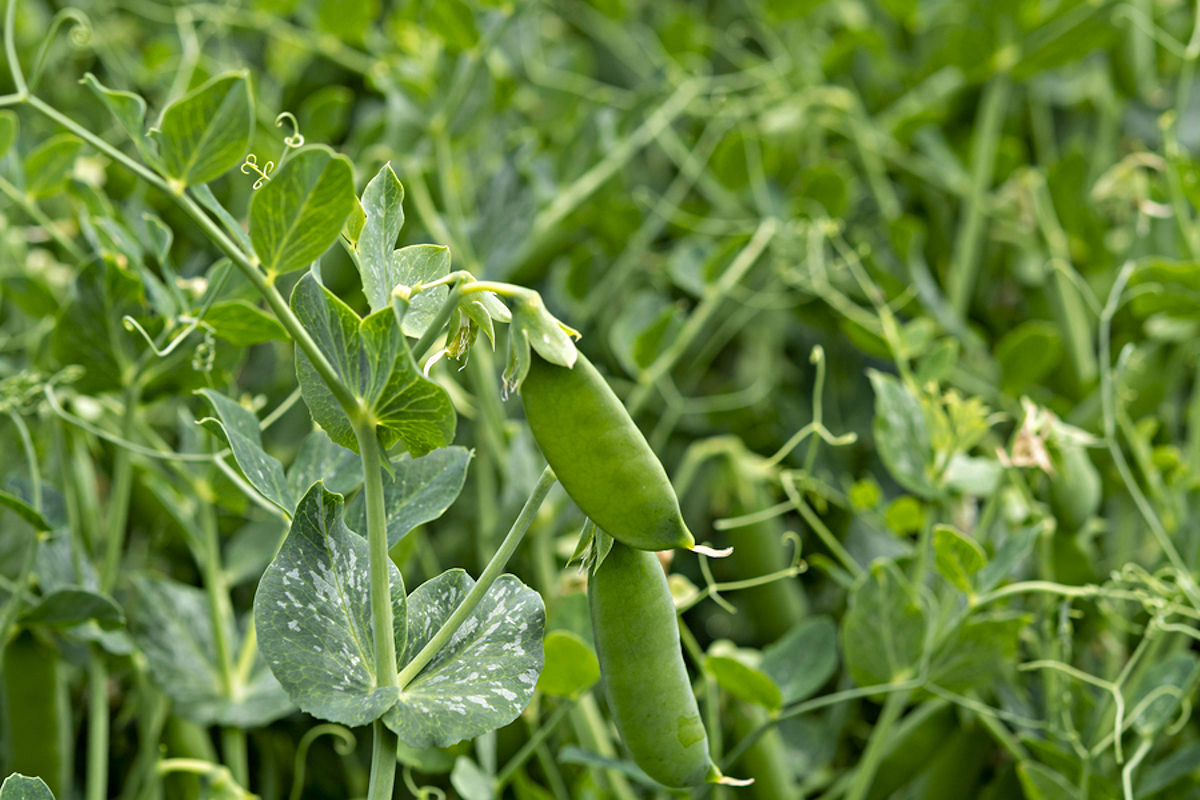
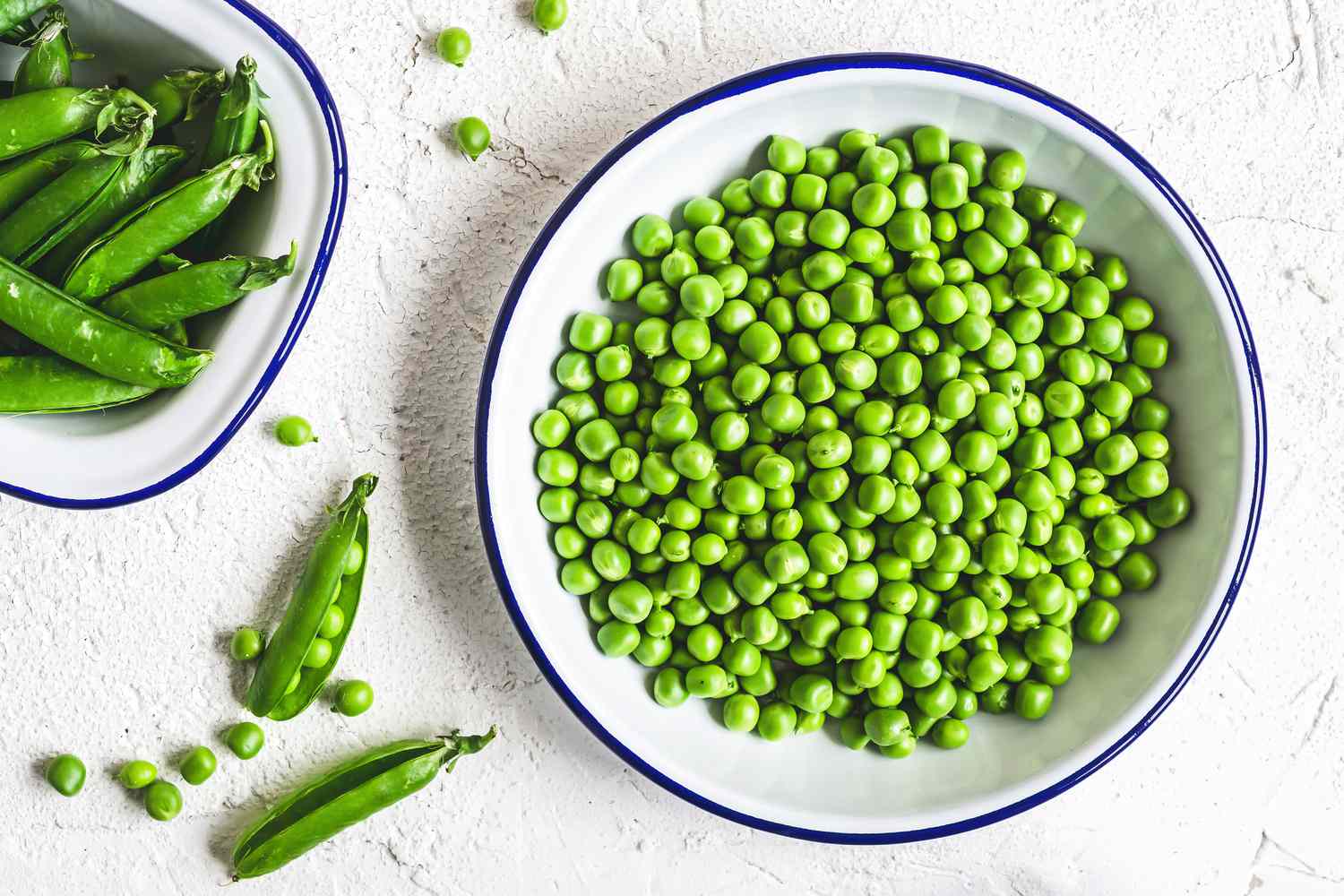
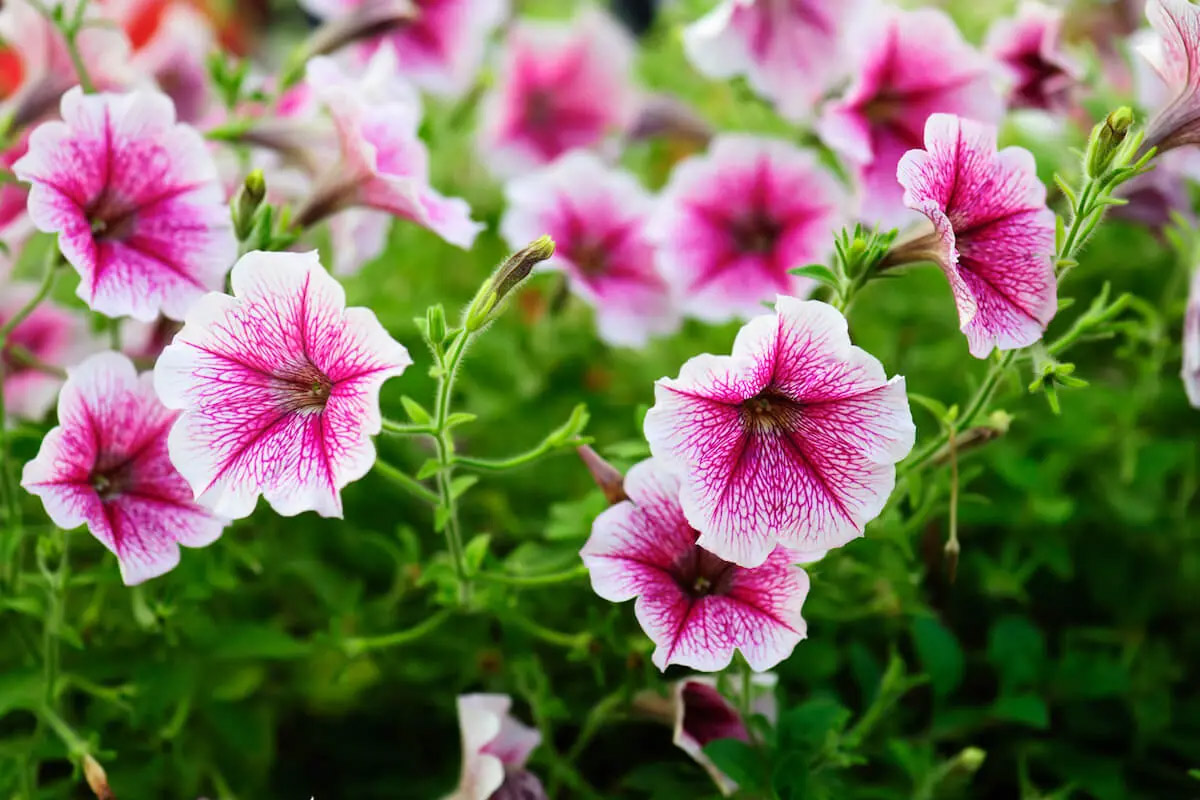
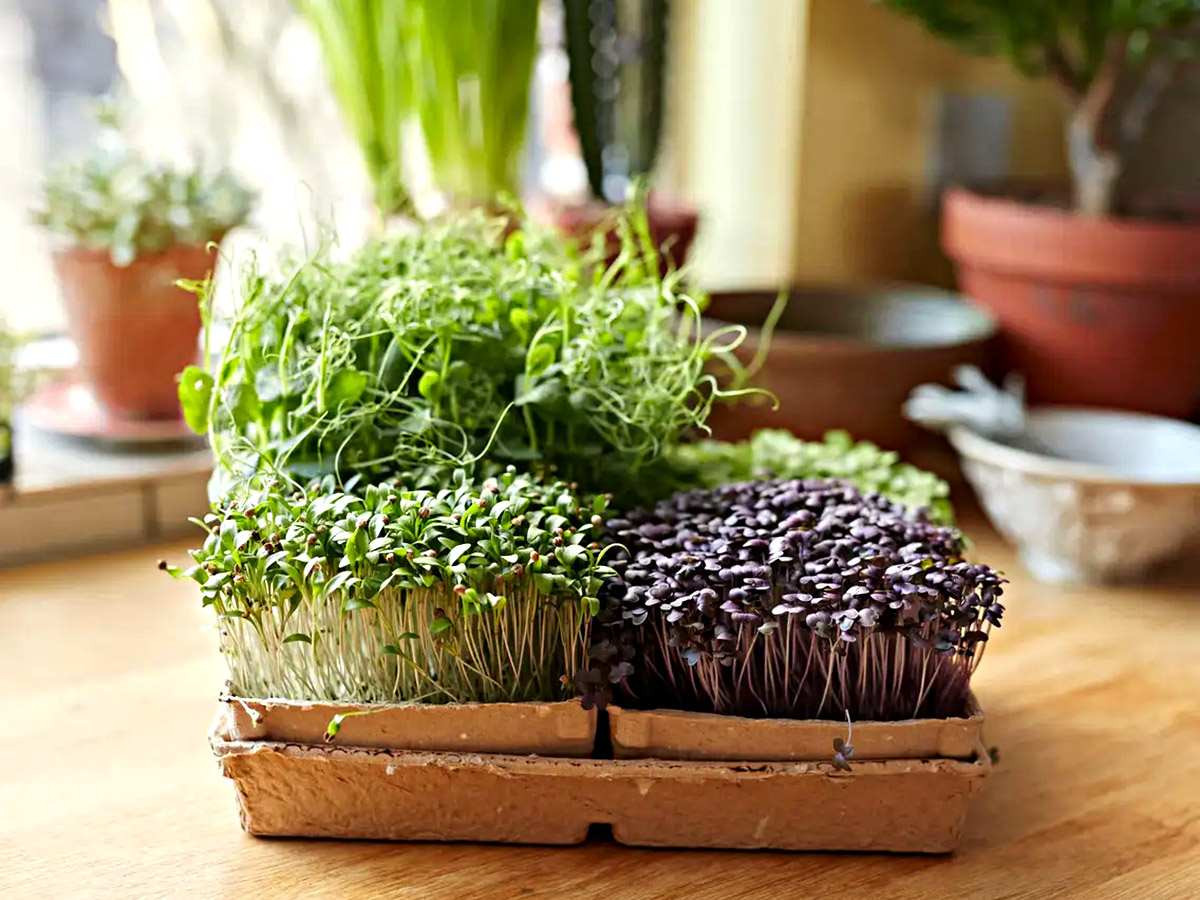
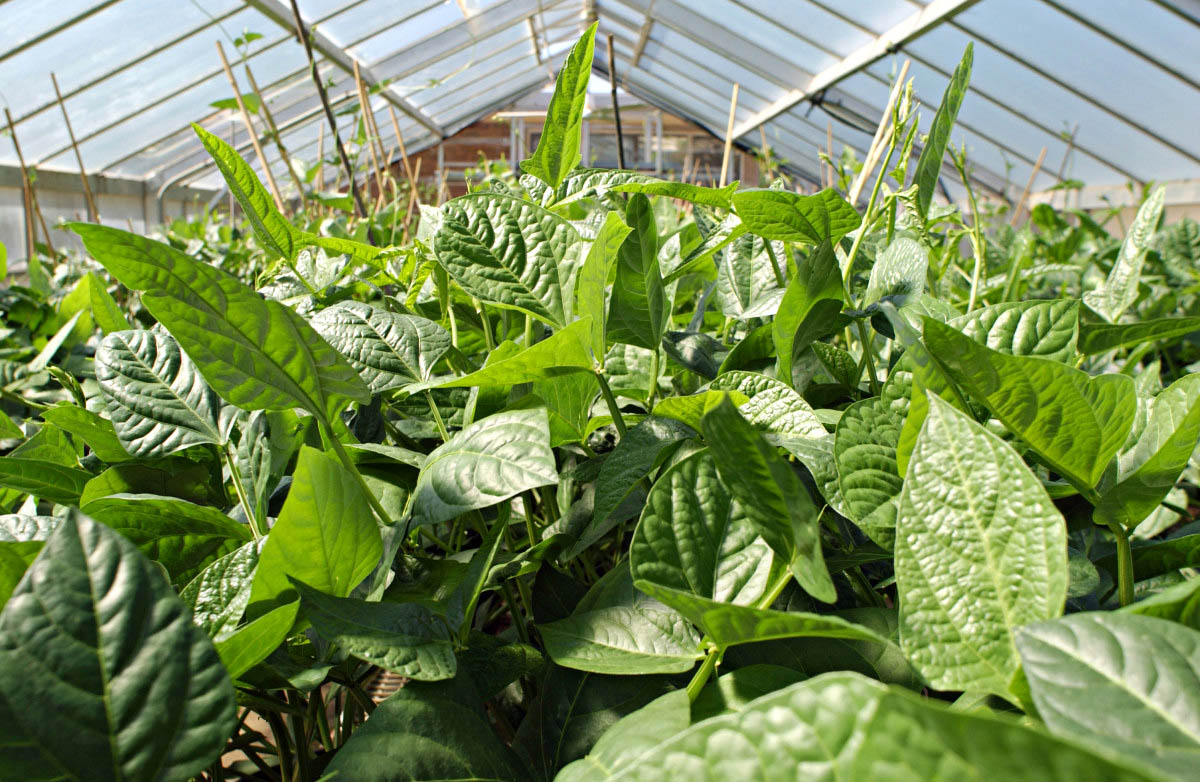
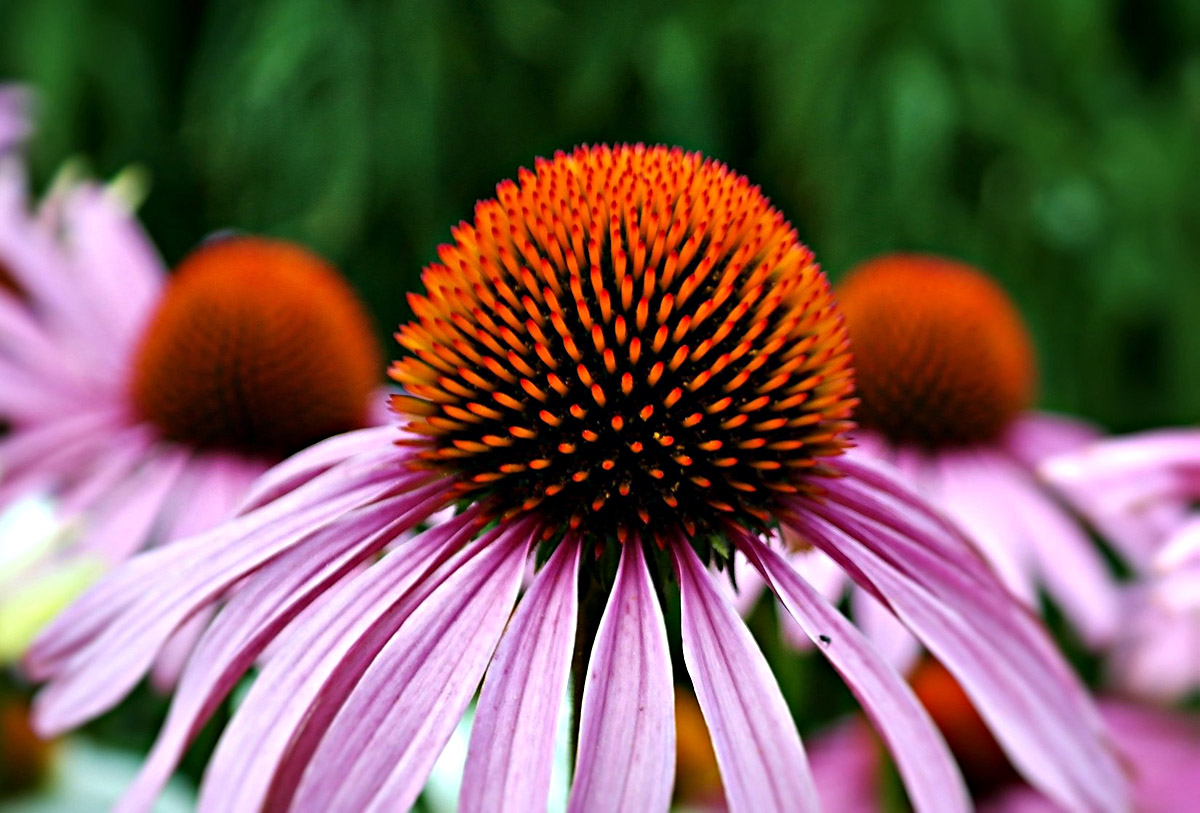
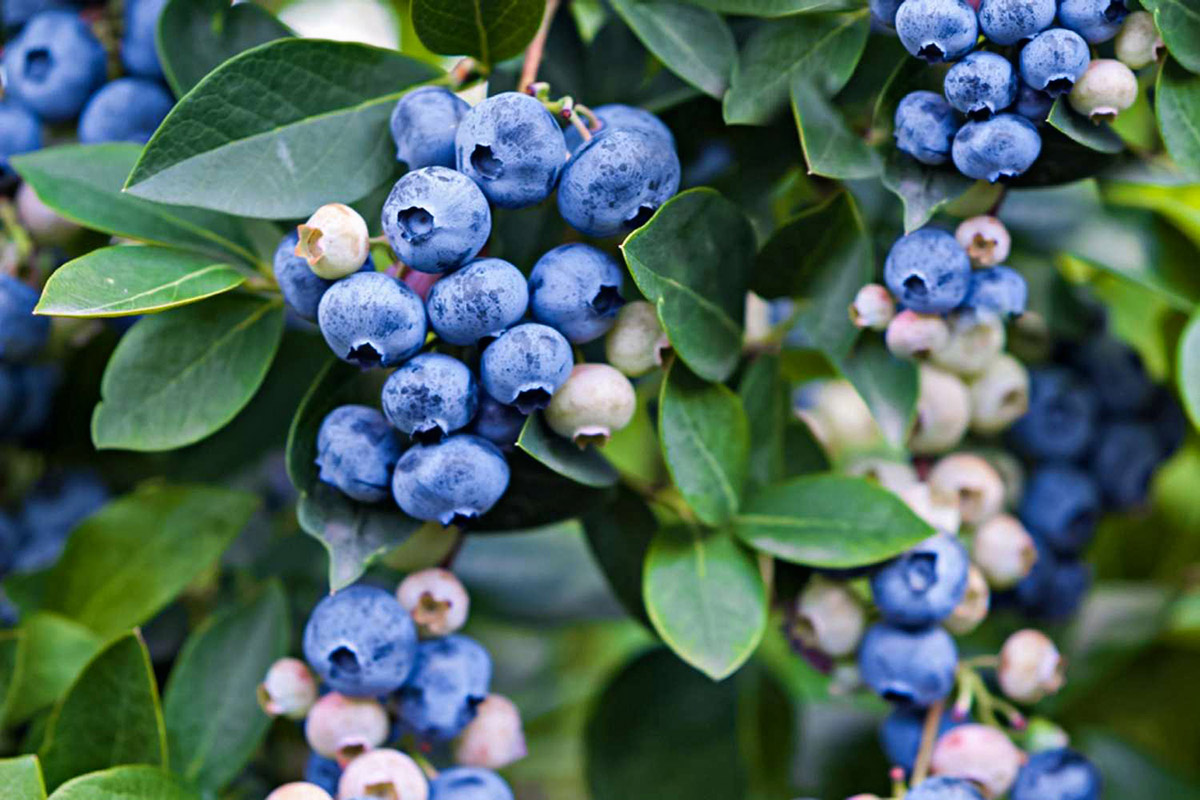
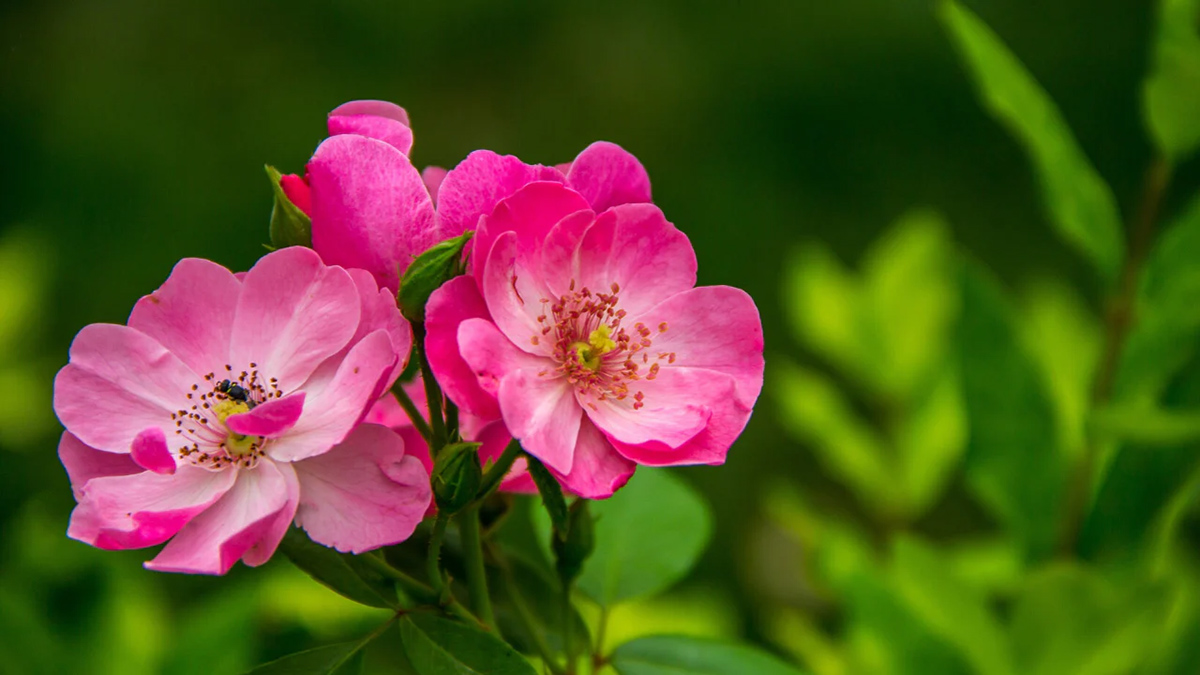
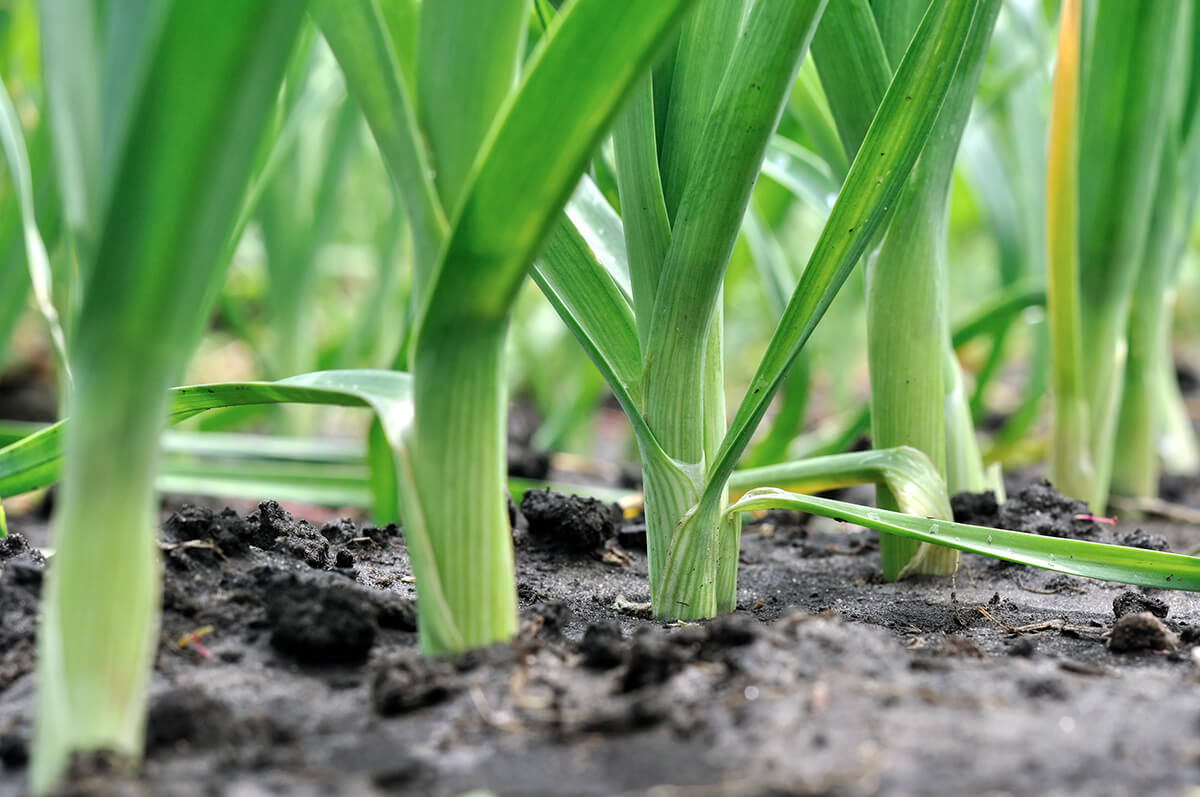
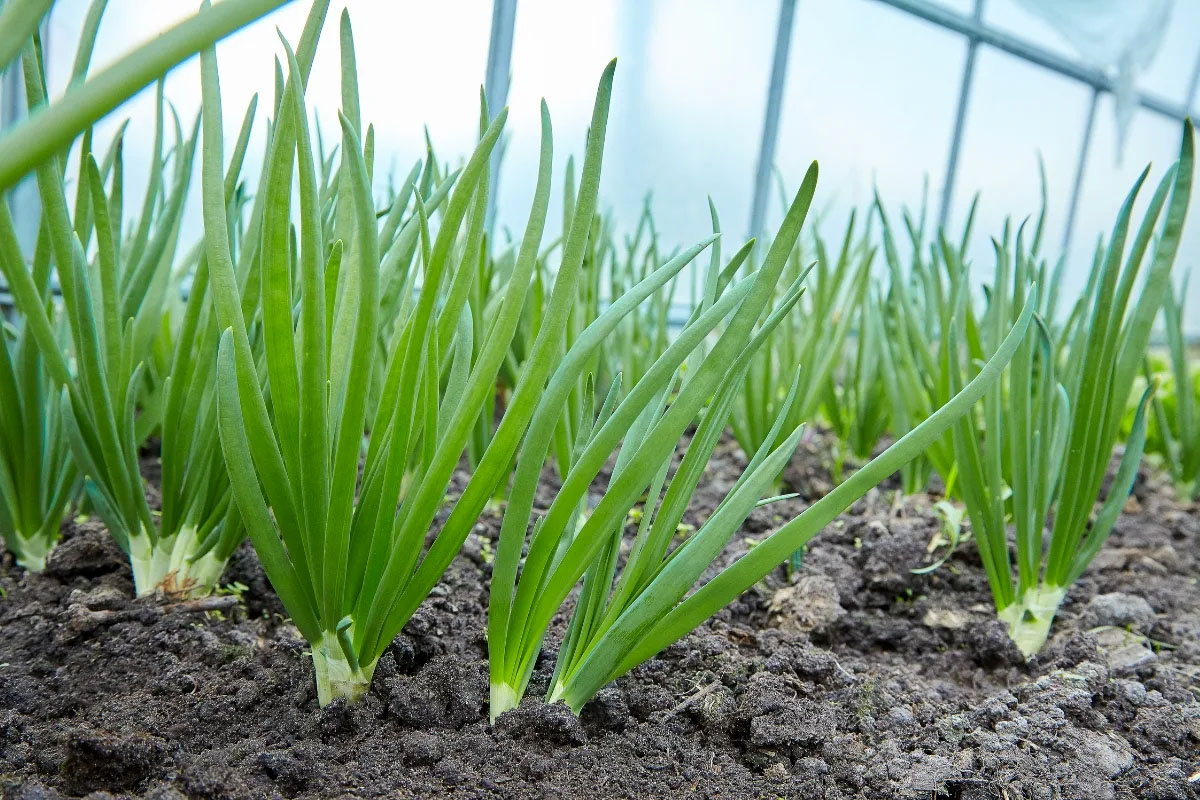
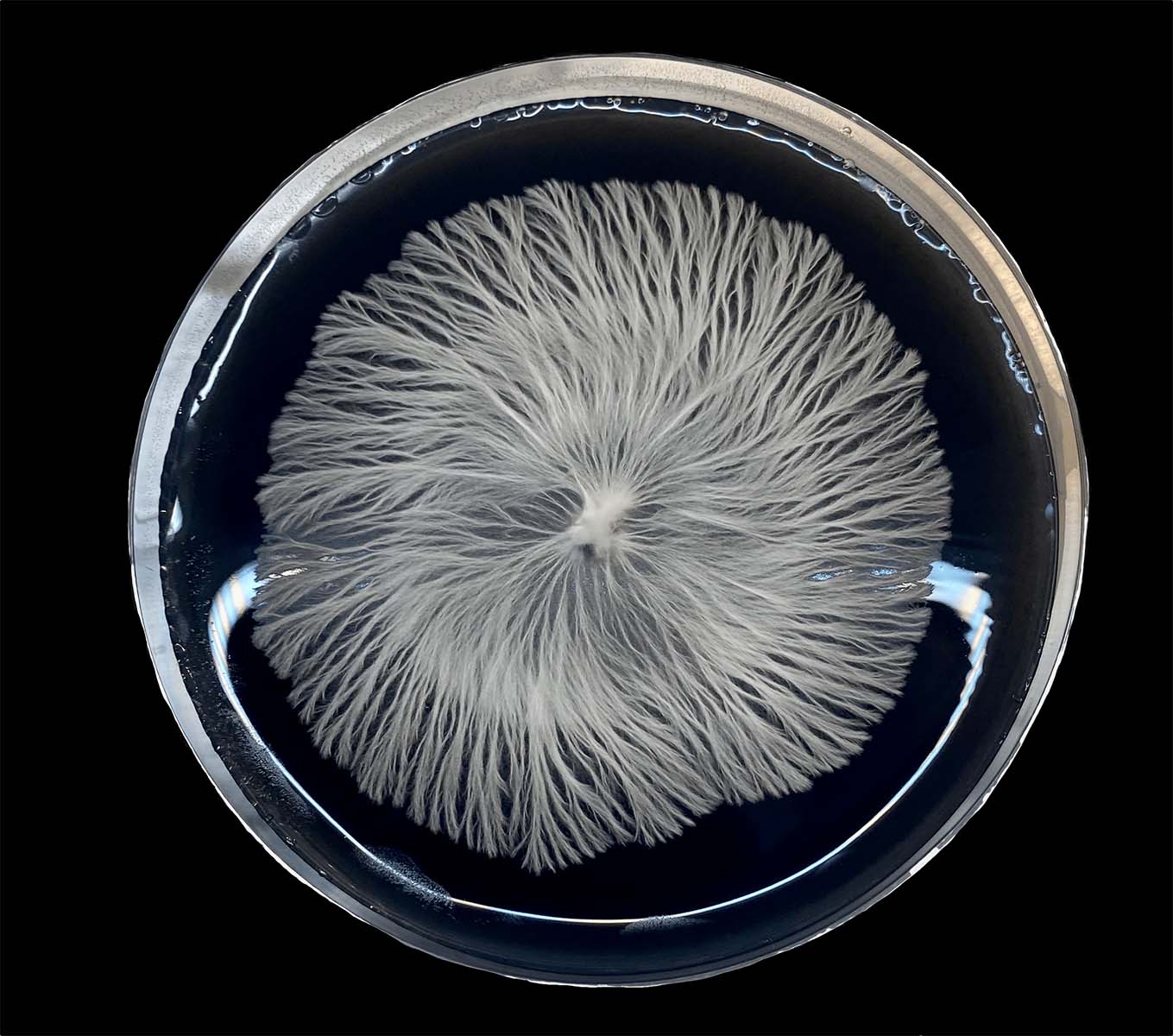
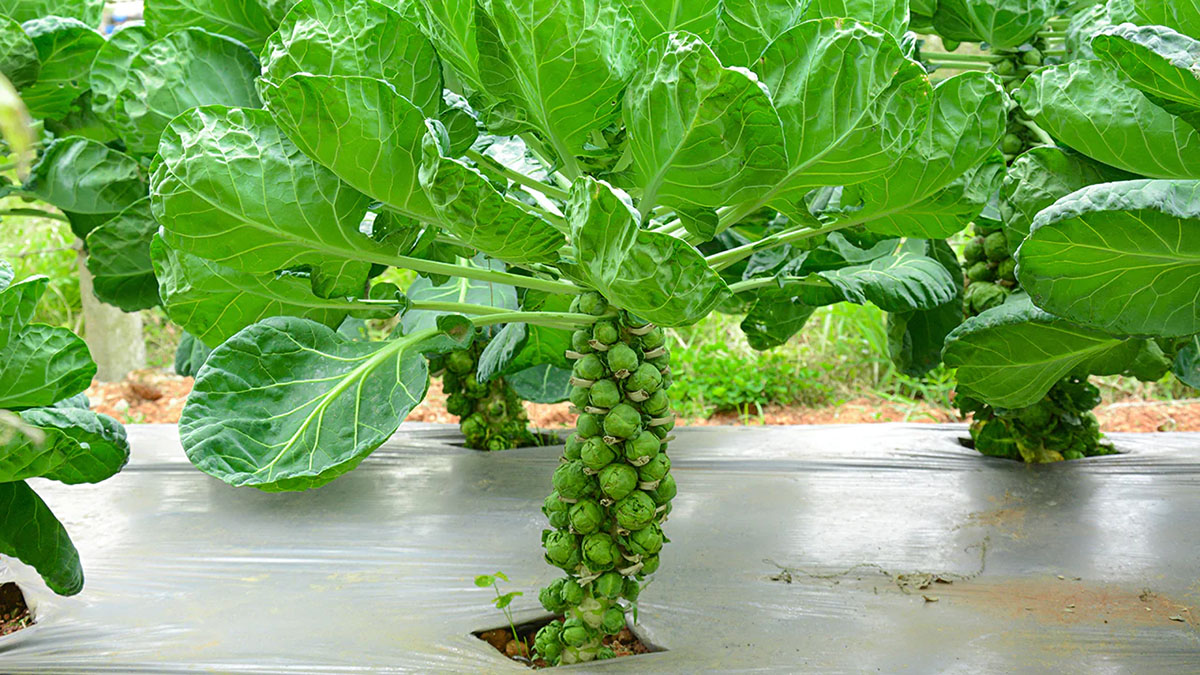
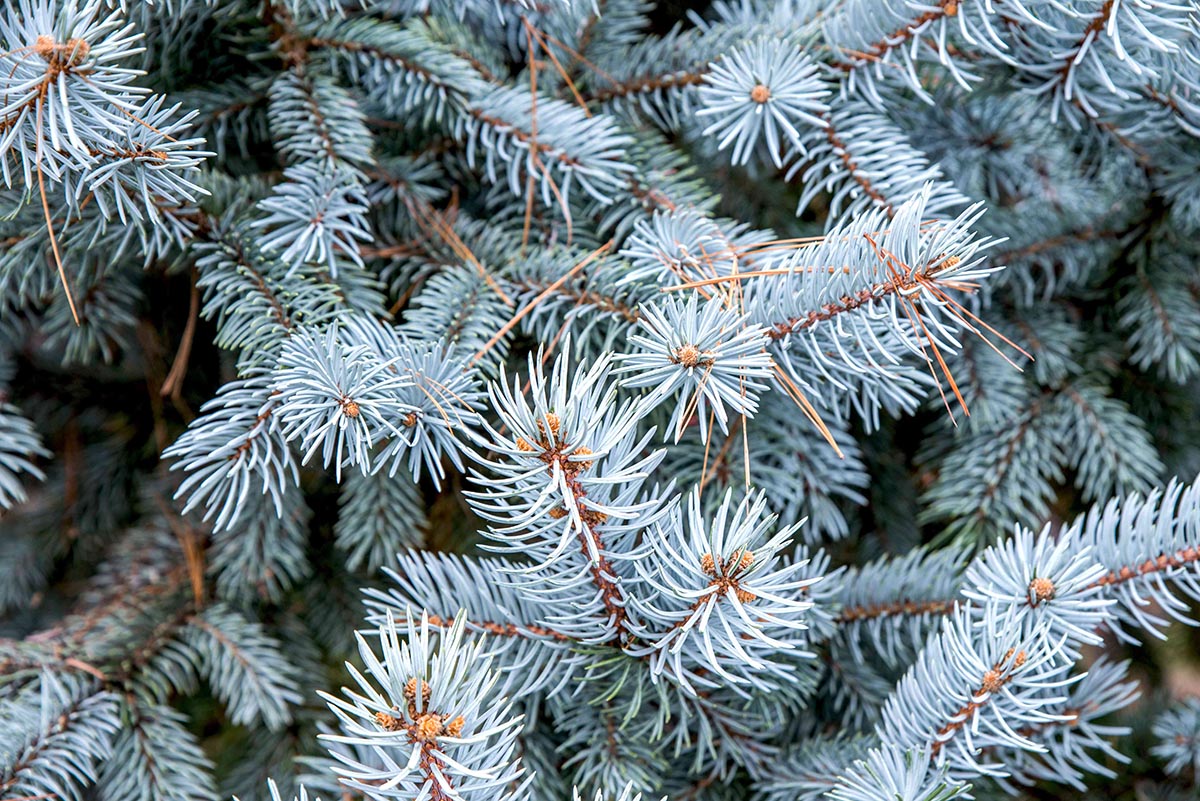


0 thoughts on “How Long Do Snow Peas Take To Germinate”